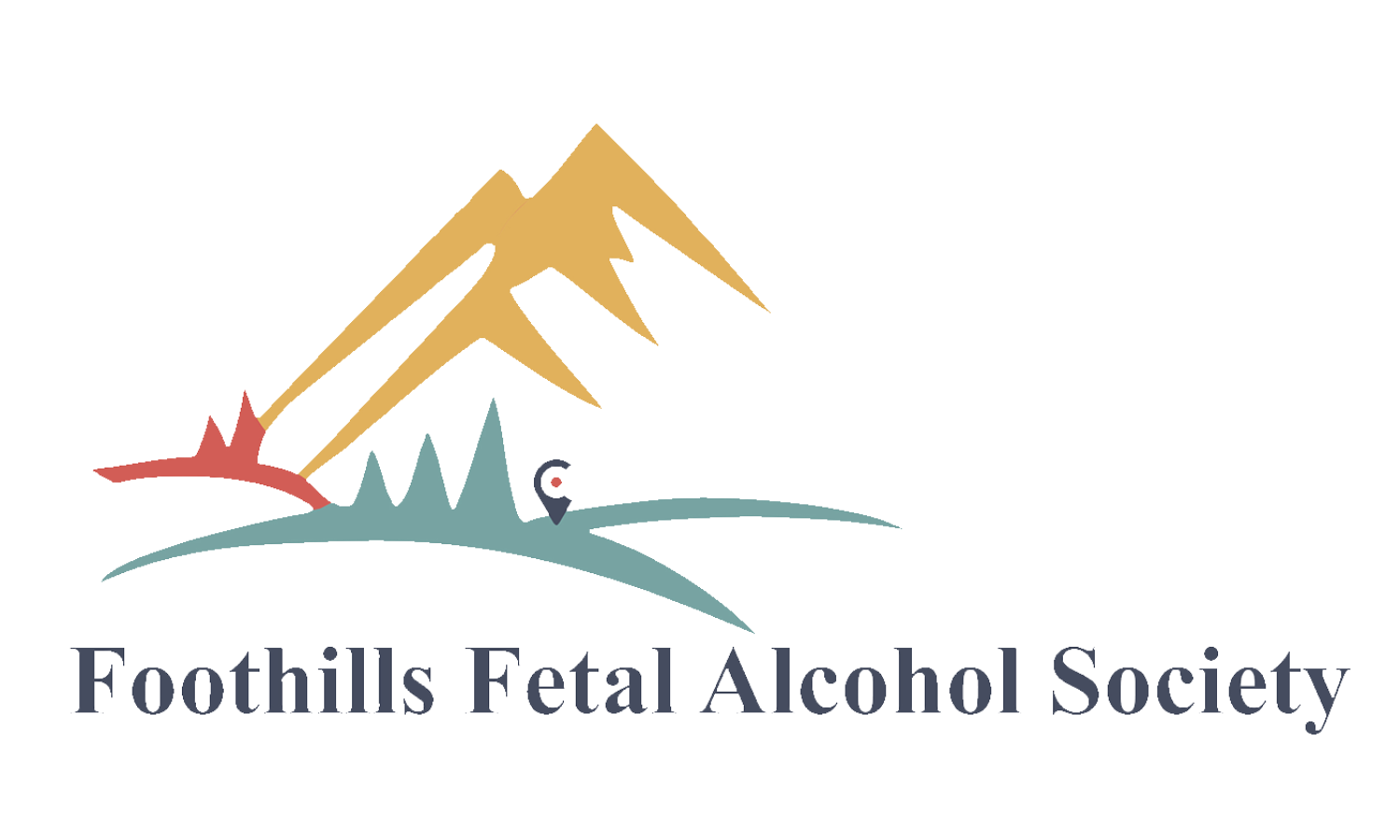Navigating Summer Break
WITH CHILDREN AND YOUTH AFFECTED BY FASD.
Summer break can be tricky for caregivers of children and teens with Fetal Alcohol Spectrum Disorder (FASD). Even though it's a time for fun and trying new things outside of school, it's important to remember that FASD, caused by alcohol exposure before birth, affects how these young people grow and behave. This means caregivers need to think carefully about how to support them during the break, considering their unique needs caused by FASD.
Sensory Overload and Transitions: Children and teens with FASD often find it hard to handle things they see, hear, or feel. When their daily routine changes in the summer, it can overwhelm them and make them feel anxious or upset. Caregivers can help by creating a regular schedule, doing relaxing activities together, taking breaks to calm their senses, and slowly introducing new things. These steps make it easier for them to adjust to the changes and feel more comfortable.
Difficulty with Social Interactions: Children and teens with FASD often struggle with making friends and understanding how to behave in social situations. During summer, when they have more chances to be with others, it's important to help them out and give them support. Activities like summer camps are great because they help them learn new skills and make friends. Talking openly with other caregivers also helps create a supportive atmosphere, making socializing easier and more enjoyable for them.
Executive Functioning and Planning: Children and youth FASD often have trouble with planning, organizing their tasks, and managing their time. When school ends and they have more free time in the summer, these challenges can become even harder. Caregivers can help by using visual schedules, lists of tasks, and timers to make it easier for them to finish what they need to do. It's also good to mix in some planned activities with times when they can do what they want, so they can keep track of their days and manage their time better.
Safety Concerns: Children and teens with FASD may act quickly without thinking and have trouble understanding dangers, which can make safety a big concern. Caregivers need to focus on safety by setting clear rules, watching them closely, and making sure they know how to stay safe during outdoor activities. Teaching them about risks and practicing safety skills is crucial. Using visual cues and reminders helps reinforce these rules, making summer safer for everyone involved.
Self-Regulation and Emotional Support: Kids with FASD can have a hard time managing their emotions, especially during the unpredictable summer break. Caregivers are essential in helping them build emotional strength and feel safe expressing their feelings. Teaching coping strategies like deep breathing, mindfulness, and using sensory tools can help them handle their emotions better. Consistent emotional support and getting help from professionals, such as therapists or support groups, provide extra support when things get tough.
In short, summer break can be fun and a time for growth, but it requires careful planning and support for kids with FASD. Caregivers need to consider things like sensory sensitivities, social interactions, decision-making, safety, and managing emotions. By being patient, understanding, and using personalized strategies, caregivers can create a nurturing environment. This helps ensure a fulfilling and memorable summer break for kids with FASD, promoting positive experiences and continued development.
If you are a caregiver of someone with FASD and need support, we are here.
Adapted from Navigating Summer Break with Children/Youth with Fetal Alcohol Spectrum Disorder (FASD): Overcoming Potential Issues and Barriers by Edmonton Fetal Alcohol Network https://edmontonfetalalcoholnetwork.org/2023/06/19/navigating-summer-break-with-children-youth-with-fetal-alcohol-spectrum-disorder-fasd-overcoming-potential-issues-and-barriers
